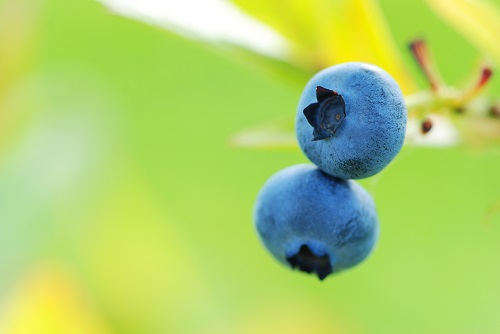USDA Post Reveals Importance of Honey Bees to Blueberry Crops
June 17, 2019
The case for the honey bee got an unexpected boost this week when the USDA posted about research proving the importance of the honey bee to blueberry crops. The report started off with a bang, stating, “Getting an excellent rabbiteye blueberry harvest required helpful pollinators—particularly native southeastern blueberry bees—although growers can bring in managed honey bees to do the job…”
Like most agricultural industries, the blueberry industry has faced significant challenges due to the lack of bees to pollinate plants. As you well know, this is caused by a variety of factors, with pesticides and colony collapse disorder leading the way.
In order for blueberry crops to be more attractive to consumers, the farmers want the blueberries fully pollinated, as it helps to dramatically increase not only the yield but also the overall attractiveness of the berry itself. Fully pollinated flowers can improve the bloomed plants by as much as 70 percent while also making the berries far plumper. If a single rabbiteye bush produces its full yield, the farmer can net about 15 pounds of blueberries from just that one bush alone.
Robert Danka, a research entomologist with the Agricultural Research Service (ARS) stated, “We looked at multiple species of bees to see which did the best job of pollinating rabbiteye blueberries. We tested managed honey bees, native bumble bee species, southeastern blueberry bees, and carpenter bees.”
When Danka and his team studied the impact pollinators have on the crop, they noticed only the native blueberry bee and the honey bee helped bring the plants to full bloom. Of course, the native southeastern honey bee did the best job but managed honey bees were quite productive and are a good alternative for farmers that are not seeing a strong native bee population in the area.
Blair Simpson, another research entomologist, stated, “What commercial growers can do is provide woodlands near the edges of their fields because that’s where southeastern blueberry bees prefer to nest. They are ground-dwelling bees that like shade and leaf litter but don’t like wet or soil heavy with organic material.”
He also provided some advice for farmers not seeing the activity needed by native bees during the early days of the growing season. He stated, “A farmer who sees that during the first few days of bloom they are not getting prolific visits from the native bees should probably arrange to bring in some honey bee colonies. But even that may not guarantee ample pollination, because there is no way to be sure honey bees will stay on blueberries if there is something else in bloom that is more attractive to them.”
You can read the full report on ARS.USDA.GOV
Photo By haveseen


.jpg)



